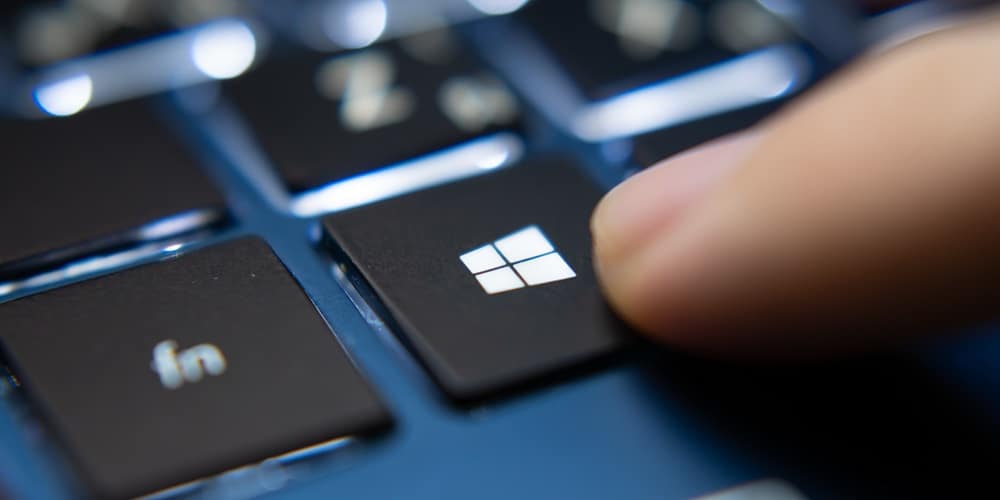In the latest Microsoft news, the company has announced that starting January 14, 2020, they will no longer be offering support for Windows 7. No support cycle can last forever, and Windows 10 has been available since 2015. However, many enterprises still run Windows 7 on their company devices.
If your company has already upgraded to Windows 10, you don’t need to worry about the upcoming change. But if you still use Windows 7 or another old operating system, it may be time to think about an upgrade.
An End to Security Updates
Computers with Windows 7 installed will still function after the 2020 deadline, but they will no longer receive any security updates. Over time, these computers will become vulnerable and may not function properly.
However, this EOL (End Of Life) date for Windows 7 also applies to Windows Server 2008 versions. If SQL 2008 is still in use, its EOL date is July of 2019.
Microsoft will also stop offering free IT support services for Windows 7 computers. If one of your Windows 7 devices encounters an error, you’ll need to contact a private IT support company for troubleshooting services.
Pop-Ups: You Can Turn Them Off
Throughout 2019, Windows 7 devices will receive pop-up notifications that warn about the upcoming deadline. You can easily disable these notifications by selecting “do not notify me again” when you see one.
This advice doesn’t mean you should disregard the warning. If you start seeing pop-ups, you should contact your IT support services and discuss a transition to Windows 10. Even if you’ve recently invested into Windows 7 devices, the potential security risks far outweigh the cost of a timely upgrade.
Upgrading to Windows 10
Enterprises upgrade on a slower schedule than individuals. If your company is still using Windows 7, you may not be ready to upgrade by 2020.
Microsoft’s solution to this problem is to offer Extended Security Updates through January 2023. Companies will be able to pay for custom security updates until they finish the transition to a newer operating system.
Luckily, upgrading to Windows 10 won’t be as expensive as you expect. Microsoft Business 365 plans come with free upgrades for any device running an outdated operating system. You should also speak with your IT support company to discuss both short and long term solutions for your business.
Windows 7 was released to the general public in 2009. The operating system has been around for a full decade, so it’s no surprise that the support cycle has come to an end. Although Microsoft is willing to work with enterprises to extend the lifespan of their systems, you should still ask your private IT support service to guide you through the transition. Our skilled IT professionals will be able to help you find the most efficient and cost effective way to upgrade your devices and keep your company’s data secure.

